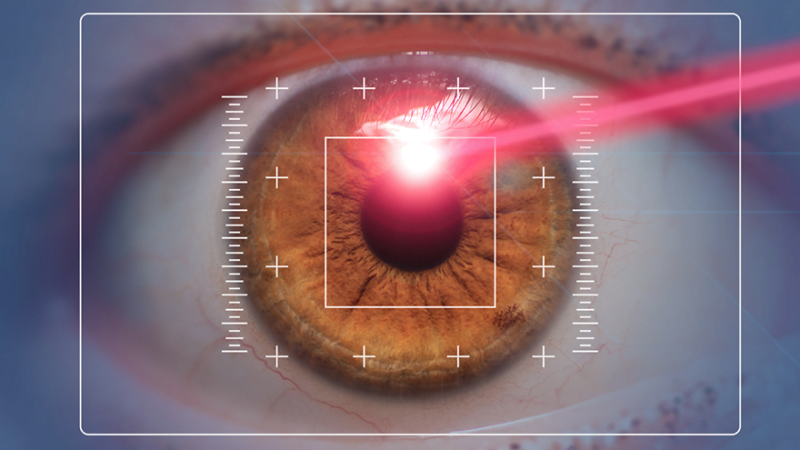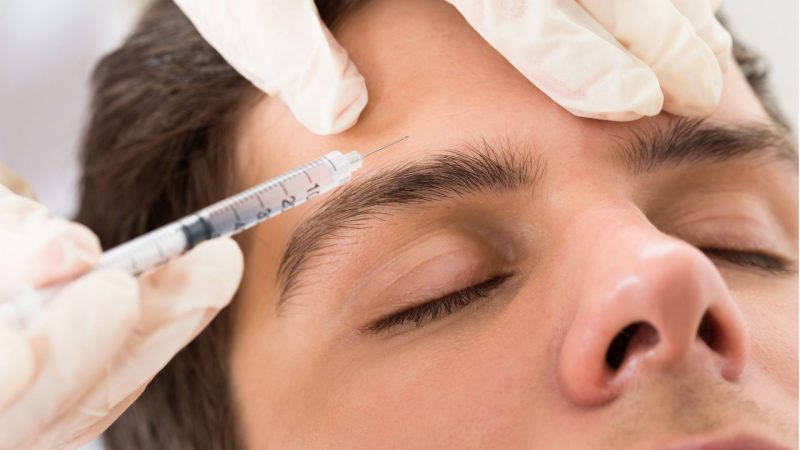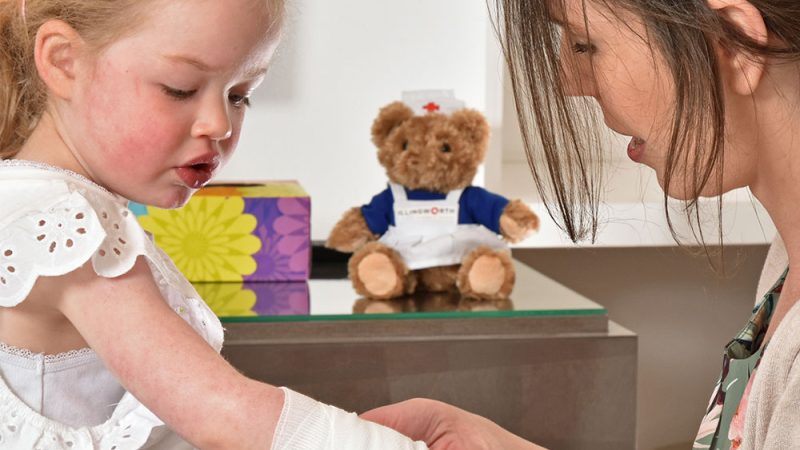Programs for Young Adults’ Mental Health That Mark a New Beginning

Individuals between the ages of 18 and 30 are treated at Recovery centre, young adult mental health treatment facility. They offer clean, comfortable, gender-specific apartments with inspiring surroundings for clients to live in. Each week, clients participate in a minimum of 25 hours of individual and group therapy sessions guided by clinicians with dual licenses and a master’s degree. They can provide individualized care for each of our clients because our program is small enough.
Thier gender-specific young adult mental health programs provide security in intimate settings where members can relate to one another’s needs.
Young Adult Mental Health Treatment Center Addresses Co-Occurring Substance Use
We process the trauma, anxiety, sadness, or any other underlying emotional issues that may be causing the substance use in order to resolve it. Our focus is on therapeutic care. Sometimes drug and alcohol usage arises before these problems, and other times it does not. We support a simultaneous, all-encompassing, and integrative approach to problem-solving. Our clinicians with master’s degrees are licensed in and hold two qualifications. Here is a summary of some of the modalities we employ when working with young adult clients in order to truly achieve breakthroughs.
Young Adult Mental Health Treatment Center with Gender Separation
Our gender-specific programs can be extremely helpful to those seeking treatment for substance use disorders and healing from traumatic events because men and women frequently confront different mental health difficulties. Men and women frequently have distinct experiences:
social factors that support substance abuse
disorders associated with substance abuse or addiction
Biology-related sources of reliance
causes of relapse
At Our Young Adult Mental Health Treatment Center, We Address Trauma
Trauma occurs when we are unable to adequately comprehend what has happened to us on an emotional, mental, spiritual, or bodily level. It may not be related to a person’s strength or weakness how they cope with tragedy. It just concerns how they are thinking about an encounter.
Or to put it another way, a physically fit person can have trouble adequately digesting milk or gluten. Similar to this, some of the most emotionally resilient individuals could interpret relatively little experiences as painful if they are unable to properly “digest” them.
Vitality of Nutrition
Effective interventions for the mental health of young adults frequently overlook nutrition. Diets that prioritize “hyper-palatable” foods—i.e., those heavy in salt, sugar, and fat—are common among people who battle with mental health conditions, traumatic experiences, and substance abuse. Since they are most likely to keep us from starving and provide us with temporary energy, these foods are what we most frequently seek when we are hungry. However, when starvation is not a concern, an excessive reliance on these foods triggers addictive brain responses that can be equally as strong as reliance on alcohol or other substances.
Grief and loss-related issues
Substance use or other activities can resemble unhealthy relationships in many ways. Even if it’s unhealthy for you, it nevertheless delight and comfort you. It provides for you in a way that no one else can, despite how unpredictable and terrible it may be. When no one else understands, it helps you feel better. In the end, it becomes difficult for you to envision your existence without it.
Consequently, leaving behind their old way of being and living might cause pain in persons who are struggling. This grieving process is required; it naturally occurs after you lose something on which you have come to rely, and it paves the way for you to look for new methods to fill the vacuum.
Development of Social Skills During Our Young Adult Mental Health Programs
When dealing with mental health, trauma, and substance use concerns, social impairment is a common side effect that is ignored. As a result, young adults risk becoming “stuck” emotionally and developmentally. Due to the frequent avoidance concerns associated with these problems, the person may start to exhibit patterns of “checking out” on many aspects of life. This causes individuals to pass up several chances to develop emotionally and gain the social skills required to become contributing adults.






